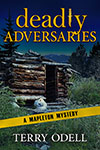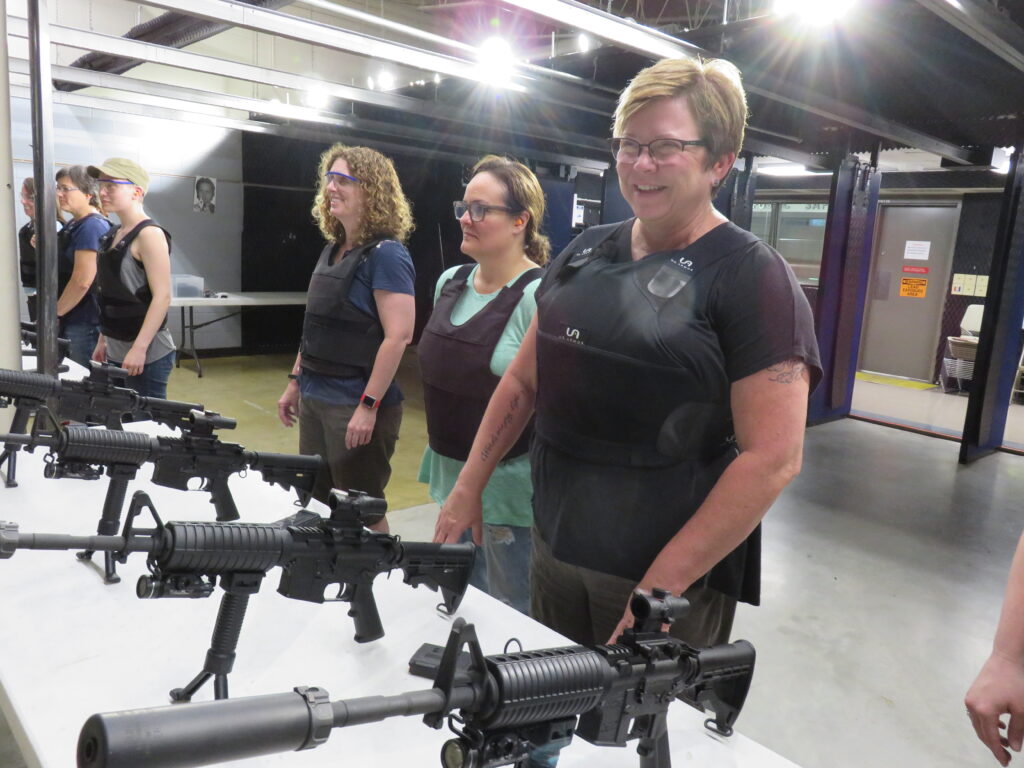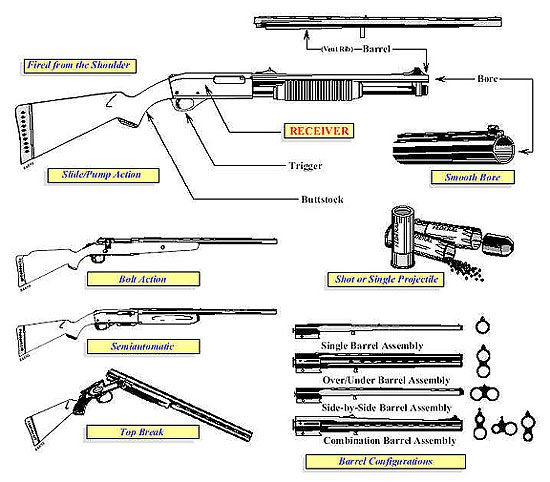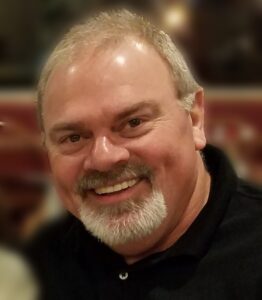Off To Killer Con
Terry Odell

I’m winging my way to Wisconsin for the Writers’ Police Academy. This isn’t your typical conference. It’s hands-on-learning about first responders. The founder, Lee Lofland, got tired of reading mistakes about police work in mystery novels, and set out to educate the authors. Here’s a peek at the opening session from 2016. Not a panel of authors talking about their books and the craft, is it?
I’ve gone several times before (including one where I had the pleasure of meeting John Gilstrap in person), but this year it’s focusing on homicide investigations. I thought it would be appropriate to revisit a post from 2010 on my personal blog, written by Mark Hussey, a retired Florida homicide detective, and a man who’s been extremely helpful when I have police procedure questions.
They say that police work is a ringside seat to the greatest show on earth. Truer words were never spoken. It’s hours of sheer boredom, punctuated by seconds of sheer terror. It’s the toughest job you’ll ever love. War is hell. They’re all great clichés and they all apply.
I’ve had more fun and been more miserable being a cop than you can imagine. Mostly though, its been fun and at times, rewarding. Once you’ve put your world into perspective, and realize that all the things you thought you could change when you were a rookie but found out you will never change, life as a cop is easier to take. You realize things don’t matter as much. You just do the best you can, and try to make a difference in a few situations and in a few peoples’ lives. You try to leave this world a little better place than it was when you came, or at least not a worse place.
I’ve got thirty years in this business and it sometimes seems like I’ve seen it all. Of course every time I say that, somebody throws me a curve.
I spent nineteen years as a uniformed patrol officer, but, because of all those years of stress, injuries and just natural aging, I took a desk job. I’m a Homicide detective. That is I work everything DEAD. It’s very interesting work, but my heart is still out there with the guys and girls who work the streets. They are, I believe, the last line of defense. The difference between law and order and anarchy; that thin blue line between societal order and total chaos. These are the people who put their lives on the line everyday, then endure the constant criticism by the public and the news media.
People say they want the “job” done, but they don’t want to see how we do it. Heaven forbid we should hurt someone who raped a small child or murdered a housewife and mother. Shame on us for speaking harshly, or smacking some scumbag who strikes us or spits upon us.
I wanted to be a cop as far back as I can remember. When I was six years old, I had already made friends with a tall, thin Orange County Sheriff’s motorcycle cop named Jonathan. “Big John” stood 6′ 5″ and weighed close to 300 pounds. He was a poster boy for what cops looked like in the South in those days. White, over six feet tall and looking back, I’m sure not terribly well educated. He had something I would learn later was much more valuable…STREET SENSE.
I am sure he grew tired of a small chubby kid asking him questions about the big Harley-Davidson motorcycle with the tank shifter and the “suicide clutch” he rode every day. He packed a six-inch, Colt .357 magnum revolver in a low-slung swivel holster, which hung on a four inch wide, Sam Browne belt. There was also room on the belt for handcuffs, keys, and a wooden nightstick. In a small pocket located on the thigh of his right leg, he carried his slap jack. The slap jack, or blackjack as they were called was as Jonathan explained, “An attention getter”.
If the huge officer was disgusted with me, he never showed it. Jonathan was always friendly and showed up several mornings a week at the school bus stop in what was then very rural Orange County. He would talk to me endlessly, about cops, school, and my family. He made me feel so important. I find it amusing when administrators speak of “new” concepts, such as “Community Oriented Policing”. These guys were practicing and perfecting the techniques years ago.
I had decided that I wanted to be a cop. How difficult could this job be? Just think of all the people I could push around, and the cars I could speed in. I contacted several of the local law enforcement agencies as well as the Florida Highway Patrol. The patrol was considered the elite among agencies and I had befriended and begun riding quite frequently with a state trooper on nights and weekends. I was already hooked on the adrenaline.
Everyplace I went, I was told that I would have to be twenty-one years old. At eighteen I had no experience, no college and a dead-end job. I needed a push. On September 3, 1976 I walked into the Orlando Armed Forces recruiting office, where I met U.S. Army Staff Sergeant Charles “Chuck” Nobles, a dark-haired, “actor” looking guy with a mouthful of teeth and a chest full of ribbons. Good ol’ Chuck showed me a couple of films about the Army’s elite Airborne Divisions. I couldn’t wait to sign a three-year contract to become a military policeman and a paratrooper.
On September 27, I said good-bye to my parents and boarded a Greyhound bus for Fort Jackson, South Carolina. As the bus pulled away, my father, a tear in his eye, snapped to attention and rendered me a hand salute. It didn’t mean much then, but I have come to know the importance and level of respect that that gesture represents. It is one of those moments that has been permanently burned into my memory.
After eight long weeks of basic training, and eight more of military police school and three weeks of jump school I arrived at Fort Bragg, North Carolina. I turned nineteen years old the day before I got there. Now, I thought, I was an adult and I was a cop. Looking back, I was wrong on both counts.
How can he solve crimes if he’s not allowed to investigate?
 Gordon Hepler, Mapleton’s Chief of Police, has his hands full. A murder, followed by several assaults. Are they related to the expansion of the community center? Or could it be the upcoming election? Gordon and mayor wannabe Nelson Manning have never seen eye to eye. Gordon’s frustrations build as the crimes cover numerous jurisdictions, effectively tying his hands.
Gordon Hepler, Mapleton’s Chief of Police, has his hands full. A murder, followed by several assaults. Are they related to the expansion of the community center? Or could it be the upcoming election? Gordon and mayor wannabe Nelson Manning have never seen eye to eye. Gordon’s frustrations build as the crimes cover numerous jurisdictions, effectively tying his hands.
Available now.
 Terry Odell is an award-winning author of Mystery and Romantic Suspense, although she prefers to think of them all as “Mysteries with Relationships.”
Terry Odell is an award-winning author of Mystery and Romantic Suspense, although she prefers to think of them all as “Mysteries with Relationships.”


 A great example of this is in a current book I read a few weeks ago, where the main character “racked” a shotgun shell into the chamber of her rifle. A quick message to an expert, such as Kill Zone contributor and weapons expert John Gilstrap, and the writer would have learned that racking a shotgun shell into the chamber is an action used for shotguns, not rifles.
A great example of this is in a current book I read a few weeks ago, where the main character “racked” a shotgun shell into the chamber of her rifle. A quick message to an expert, such as Kill Zone contributor and weapons expert John Gilstrap, and the writer would have learned that racking a shotgun shell into the chamber is an action used for shotguns, not rifles.
